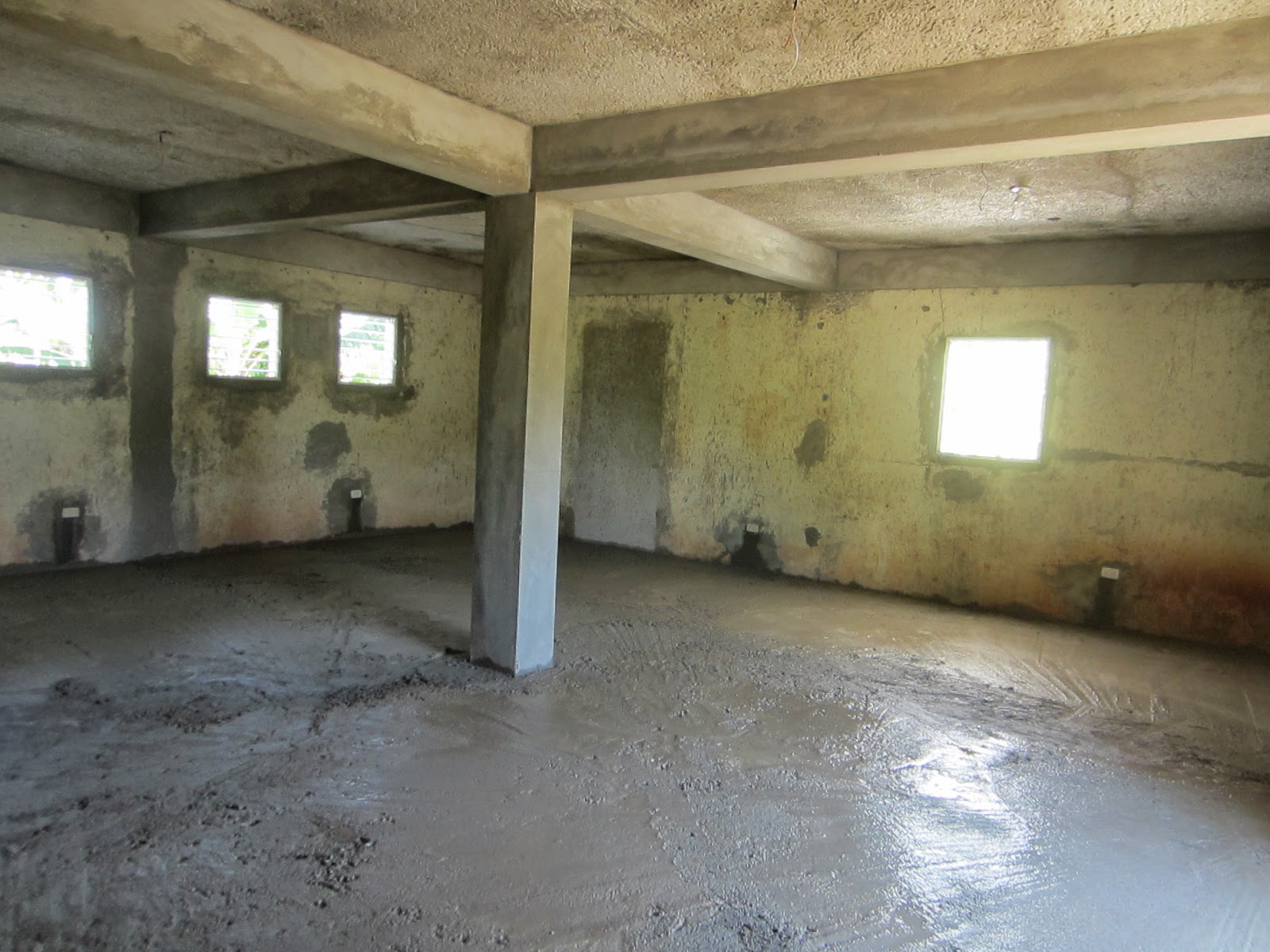 |
| Presentation at a rural clinic on dental care |
The disparity in the quality of health care I receive versus my neighbors has made me uncomfortable a times. As a volunteer I have access to three doctors, one of whom is always on-call, as well as free medicine and treatment. I never have to worry about the cost of a procedure, if I need it Peace Corps will pay. I probably have the best health care plan of my life right now. My neighbors are at the other end of the spectrum.
Preventive health care is essentially non-existant in my rural community. I do not know of anyone who goes to the doctor and dentist for yearly check-ups. There are no school nurses or yearly eye exams for students. It all costs too much. Aside from brushing ones teeth and eating a balanced diet not much else is done until someone gets sick (And many people do not brush their teeth and eat healthy).
When someone gets sick the first thing people do is wait to see if it gets worse. Have a toothache? Wait until you can't eat. It costs three times as much to get a filling as it does to get a tooth pulled (A cleaning can cost even more). Vision problems? Stand close to the chalkboard. I don't know of any kids of the 300+ I have worked with who wear glasses. When the Chikungunya virus was spreading around the country like crazy, no one went to see the doctor until the pain from their joints made it difficult for them to walk, and even then most of my neighbors didn't see a doctor. Again, seeing a doctor is expensive. Just going to and from town can be expensive for many Dominicans.
Probably in part because of the inaccessibility of doctors, most medicine can be bought without a doctor's prescription (including Prosaic and Viagra - the latter I have seen handed out to men at a bar in the capital). However, rural Dominicans often prefer local plant remedies. Tea made from the leaves of a cotton tree are said to be great for anemics. Alcohol is often also used as a substitute for pain medicine. It is not uncommon for teenage girls with menstrual cramps to take a couple swigs of Mama Juana, a rum-wine-plant root beverage.
When an illness or injury does become very serious Dominicans will go to the hospital, but the results are not always the best. As I mentioned a few weeks ago, sometimes the doctor needed will not be at the hospital and patients end up waiting hours to receive treatment. Once a patient has been admitted to the hospital they typically have to share a room with six to eight other individuals. There are no special wards for different types of injuries just one for men and another for women and children. There are better hospitals located in the capital - you know someone is really sick when they are sent to the capital.
Side note about babies: Due to the unavailability of doctors when it is time to give birth Dominicans with some money prefer to schedule caesarians instead of giving birth naturally, to ensure the doctor will be present for the entire birth. Also, many women go home with their babies the same day they are born, via motorcycles. There are not enough beds for women to stay more than one day, and there are no laws here saying you need a car-seat before you can leave the hospital. Would it even be possible to make one for a motorcycle?)
A lot of improvements are needed in the Dominican health care system. Thankfully, things are slowly headed in the right direction. All medical centers offer free HIV/AIDs testing, and many offer free birth control. This year many hospitals, including the two major hospitals on the Samaná peninsula, are being expanded and remodeled to provide more services and treat more patients. Also this year a national 9-1-1 system was launched. As its next step I would like to see the government begin to provide more health care services at schools. Ensuring kids know how to take care of their personal health from a young age will go a long way to ensuring healthy generations to come.
***
Library Update: The library now has a cement floor! We plan to
install the floor tiles and paint over the next two weeks. Tentative
inauguration date for the end of November. - It is time to start
planning the celebration party! |
| Now it's time to make it look pretty! |


